
Brandon Hire's KFS Special Vehicles Plant & Go transporter, based on a Fiat Ducato Back-to-Back model
The Fiat Ducato may not be the most common panel van in the UK market, but it does dominate the motorhome market throughout Europe, helped by Fiat’s provision of motorhome-specific chassis-cab models with modified chassis.
Fiat also produces a model that has no chassis at all! Known as the Back-to-Back, it consists of a Ducato cab with no rear chassis. Converters can then build a bespoke chassis and body on the rear themselves.
The Back-to-Back is popular with motorhome converters but also has other uses, as Bristol-based Brandon Hire recently demonstrated with its choice of 6 KFS ‘Plant & Go’ delivery vehicles based on the Fiat Professional’s Euro 5 Ducato.
(KFS offers a number of conversions based on Ducatos.)
The KFS Special Vehicles-built plant transporter has a light, low load bed with multiple strapping points, an in-built tailgate/loading ramp and a payload of almost 1,600kg, enabling it to carry a wide variety of small plant and machinery within the 3.5t limit.
Steve Pensom, Brandon Hire’s Fleet and Logistics Manager, explains:
“What really impressed us, when the vehicle was on test, was the fact that anyone with a car licence could drive the truck. This benefit, along with improved MPG performance and the potential to safely carry greater payloads, provided us with the ideal vehicle to help minimise our costs and maximise our staff levels.”
I think that the current Ducato has improved with age and is good value for money. It’s probably a little under-rated in the UK market, where the Transit has traditionally had a strong lead. Whether that will remain the case now that Ford’s Southampton factory is closing is another question — perhaps other European marques will become more popular.


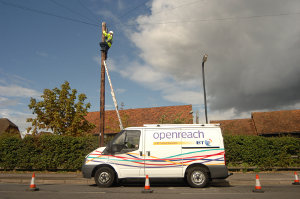
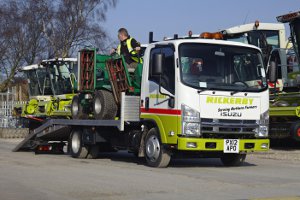 Over the last few months,
Over the last few months,  A major utilities company has trialled the use of a rev limiter across 19 vans and found that fuel consumption dropped by 24.72%.
A major utilities company has trialled the use of a rev limiter across 19 vans and found that fuel consumption dropped by 24.72%.
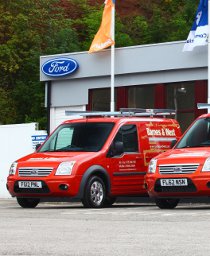 Nottingham brickwork firm Barnes and West has taken delivery of three Ford Transit Connects in vibrant Mars Red, a standard colour from Ford’s palette.
Nottingham brickwork firm Barnes and West has taken delivery of three Ford Transit Connects in vibrant Mars Red, a standard colour from Ford’s palette.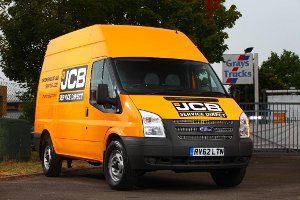 Ford Transit and Transit Connect vans have been selected by Greenshields JCB, which specialises in the distribution, service and repair of JCB and Thwaites dumper vehicles.
Ford Transit and Transit Connect vans have been selected by Greenshields JCB, which specialises in the distribution, service and repair of JCB and Thwaites dumper vehicles.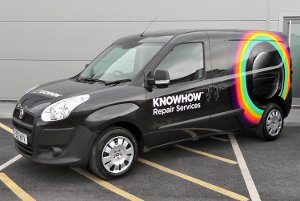 Currys PC World has taken delivery of 50 Fiat Doblo Cargo Maxi vans for its service engineers to use.
Currys PC World has taken delivery of 50 Fiat Doblo Cargo Maxi vans for its service engineers to use.